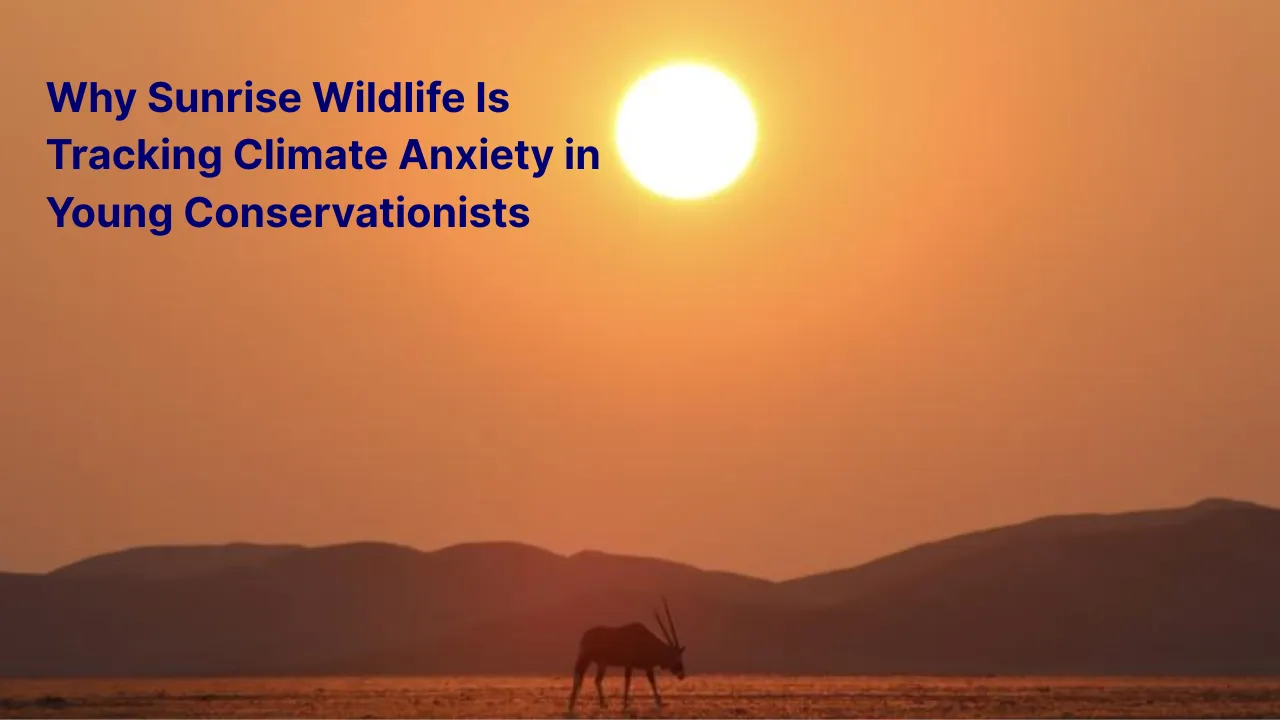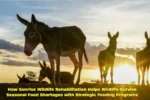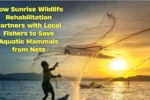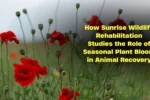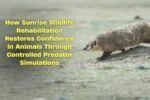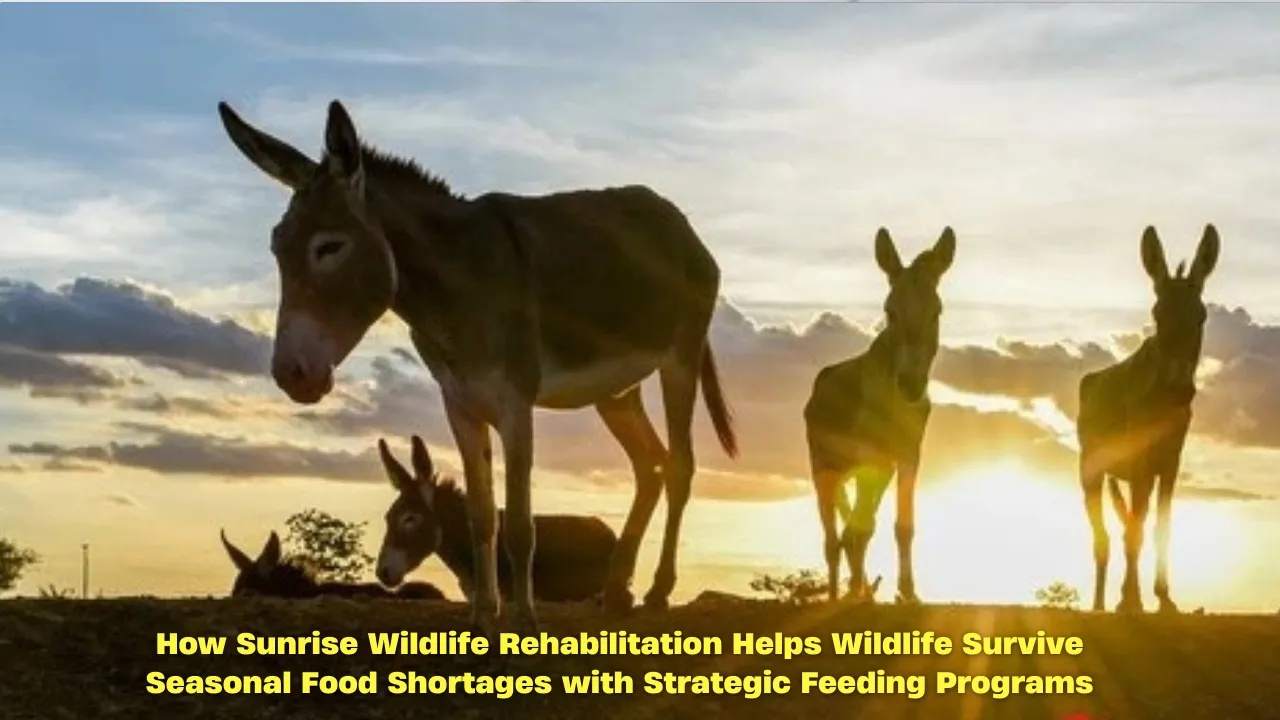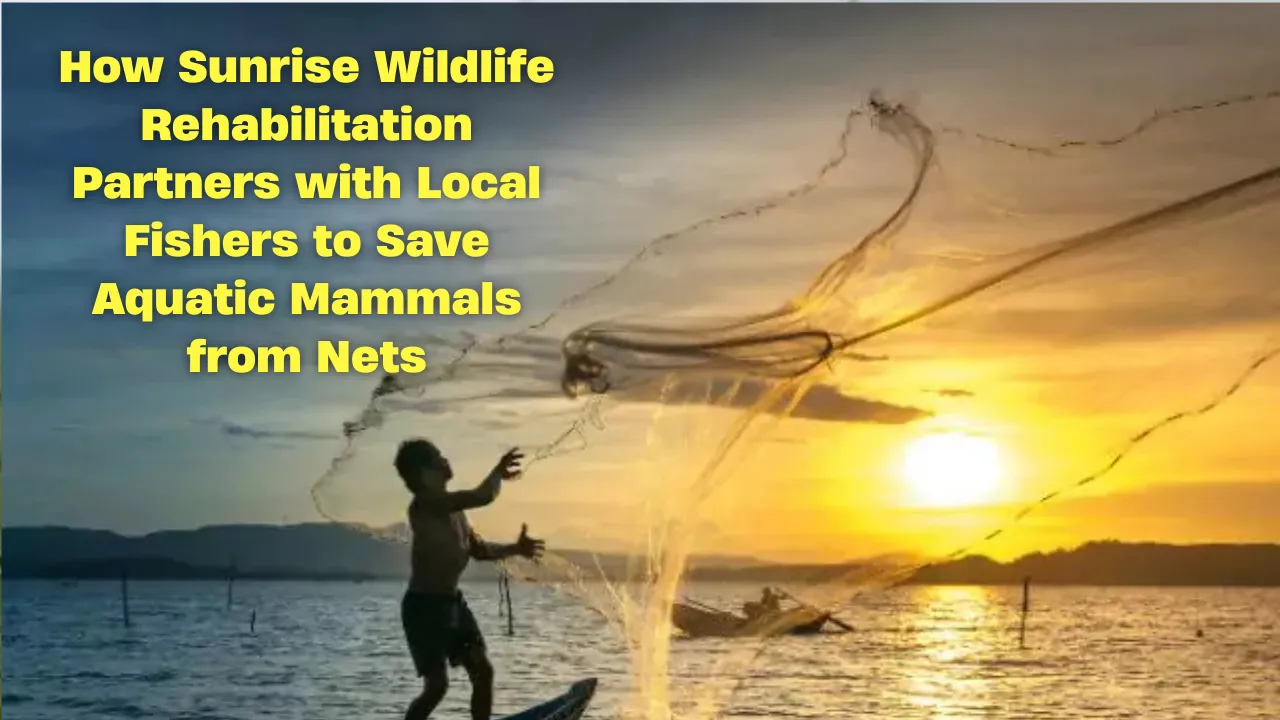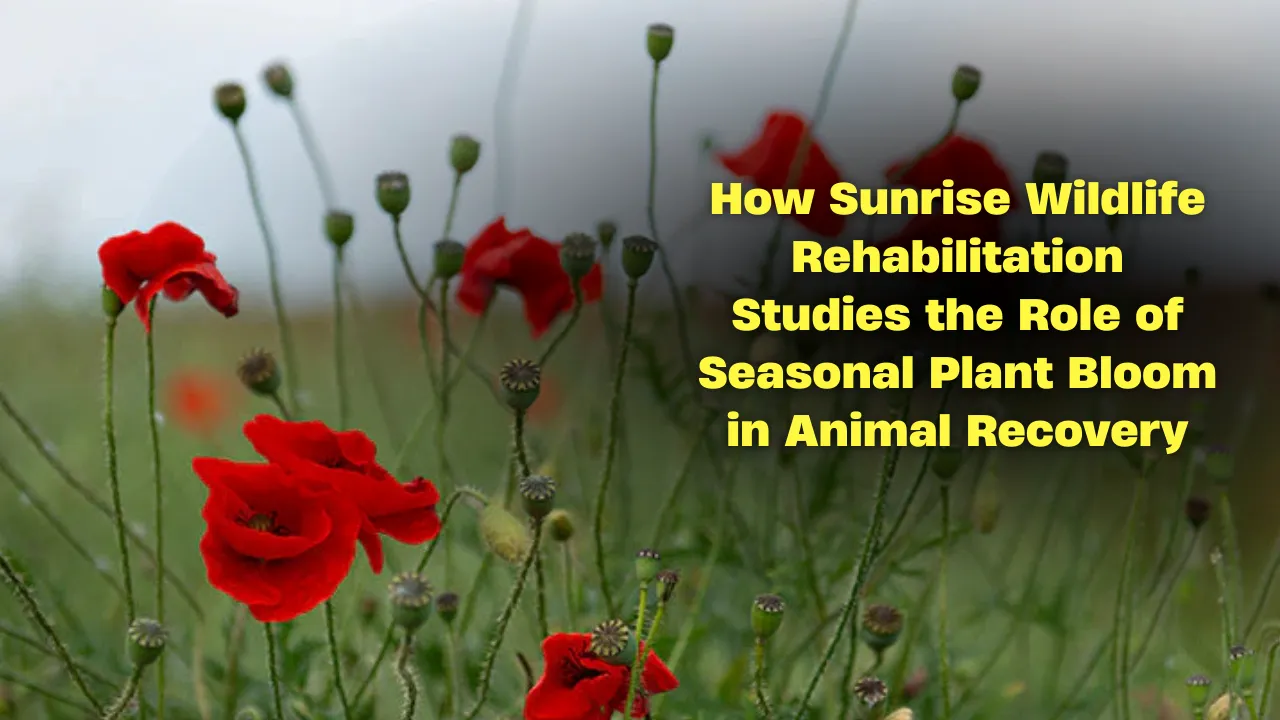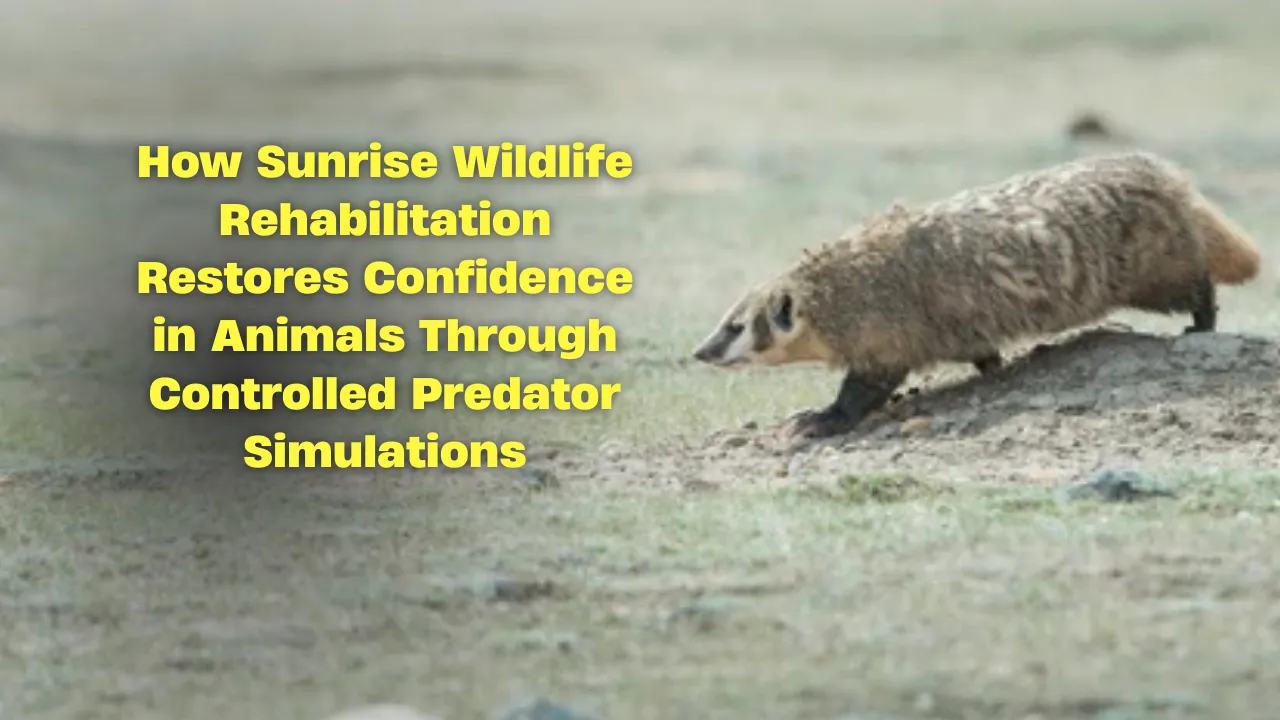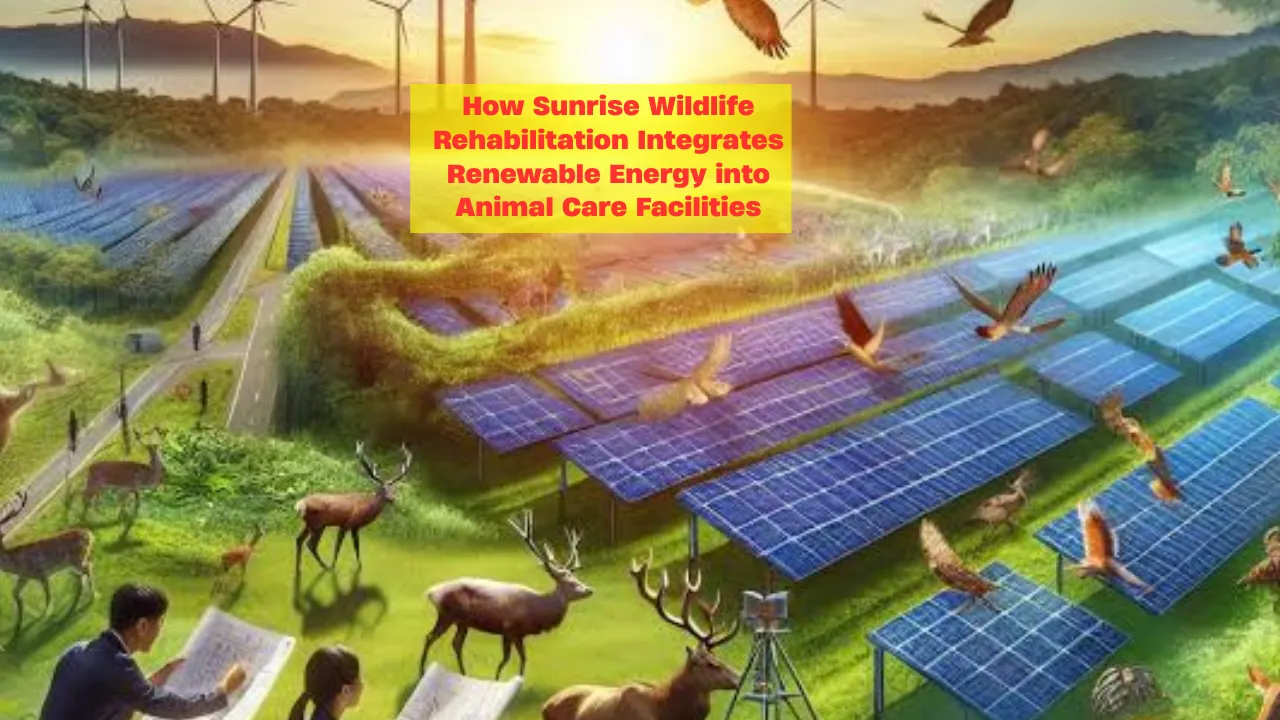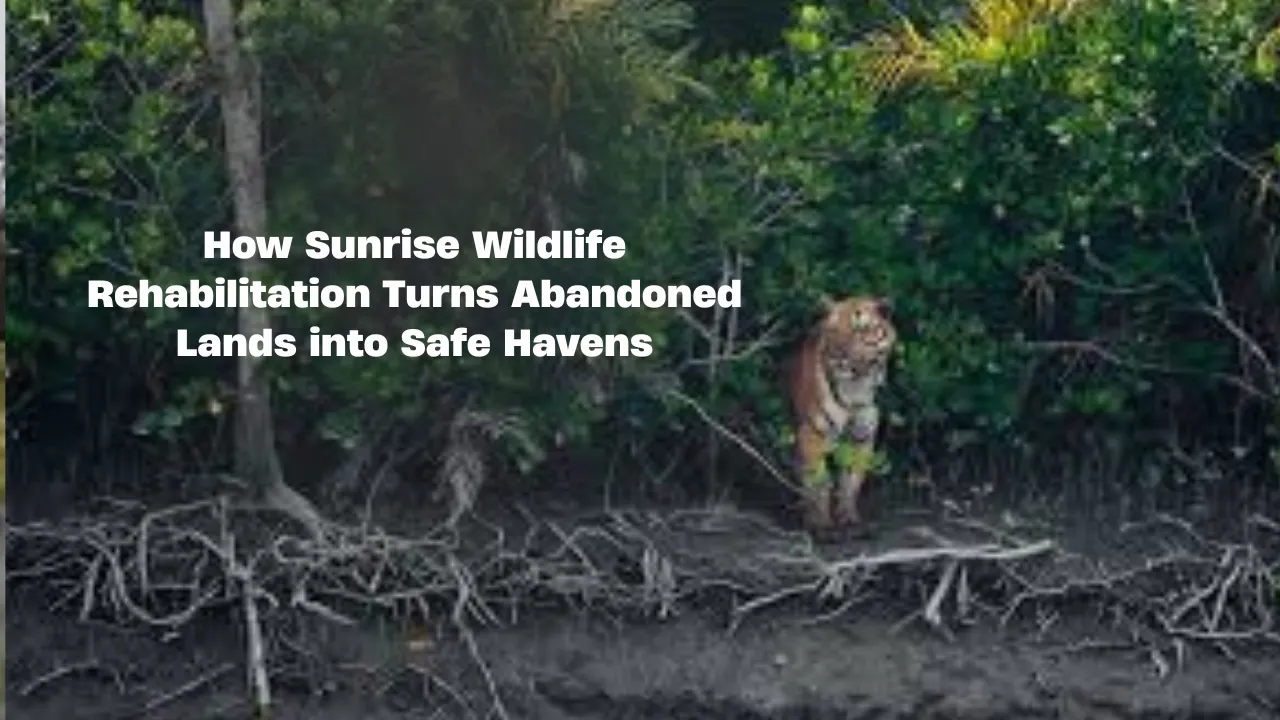Climate anxiety in young conservationists: Climate anxiety in young conservationists is no longer a rare or hidden feeling—it’s a growing emotional struggle faced by many youth involved in environmental activism. These passionate individuals are not only leading critical conservation efforts, but are also grappling with a profound fear of what the future holds. The emotional toll of witnessing environmental decline, political inaction, and the slow pace of change is pushing many young minds into anxiety, stress, and in some cases, deep despair.
This article sheds light on why Sunrise Wildlife, a youth-led conservation group, is actively monitoring and addressing this urgent issue. We’ll explore how eco-anxiety manifests in young conservationists, why it matters, and what this organization is doing to support emotional well-being among future eco-leaders. You’ll also gain insight into how mental health is becoming just as important as environmental advocacy in today’s youth climate movements.
Understanding Climate Anxiety in Young Conservationists
The rise of climate anxiety in young conservationists reveals how deeply intertwined emotional health is with environmental responsibility. Young people engaged in the climate movement are often exposed to distressing news about habitat loss, rising temperatures, and global inaction. This constant exposure, combined with a strong sense of urgency to make a difference, creates a unique mental health challenge.
Unlike general stress, climate anxiety is tied directly to one’s values, identity, and vision of the future. For many youth, protecting the planet isn’t just a cause—it’s a purpose. And when that purpose feels threatened or ineffective, it sparks deep emotional unrest. Recognizing this, Sunrise Wildlife has begun tracking emotional trends and mental health markers to ensure that young conservationists are not just informed and active, but emotionally sustained in the long run.
Overview Table: Key Aspects of the Issue
| Topic | Details |
| Focus Issue | Climate anxiety in youth-led conservation work |
| Main Concern | Emotional and mental strain among young activists |
| Organization | Sunrise Wildlife |
| Solutions | Peer support, mental health workshops, resilience training |
| Importance | Long-term sustainability of climate leadership |
| Target Group | Volunteers aged 15–30 in environmental programs |
What is Climate Anxiety?
Climate anxiety refers to chronic worry or fear about the long-term impacts of climate change. It’s a form of eco-anxiety, often linked to feelings of helplessness, guilt, and fear about environmental destruction. For young environmentalists, this anxiety can be especially intense. They’re constantly reminded of the challenges ahead—from deforestation to melting ice caps—and feel responsible for driving change.
Many youth in the environmental activism space feel they are running out of time. They’re encouraged to act quickly and think globally, which often amplifies emotional pressure. Over time, this anxiety can become debilitating, leading to conservation burnout, depression, and disengagement.
Why Young Conservationists Are at High Risk
Young conservationists are uniquely vulnerable because they invest not just their time, but their entire identity in environmental work. They attend climate strikes, organize awareness campaigns, and volunteer in restoration projects, often while juggling school, jobs, or other commitments. These efforts, while inspiring, can lead to mental fatigue when not paired with adequate support systems.
Moreover, youth-led climate movements often operate without institutional backing or access to mental health resources. When their work doesn’t produce immediate results, young activists can internalize it as personal failure. This emotional load increases the risk of climate grief, where individuals mourn the loss of natural places or species, further intensifying their anxiety.
How Sunrise Wildlife is Supporting Mental Health
Sunrise Wildlife recognizes that long-term change starts with emotionally healthy activists. Instead of treating mental wellness in activism as an afterthought, they’ve made it a core part of their strategy. Their approach combines practical mental health care with emotionally safe spaces.
Some of their key initiatives include:
- Weekly mental health check-ins: Short, anonymous surveys that help staff monitor emotional trends and flag signs of stress or burnout early.
- Peer-led support groups: Small, judgment-free sessions where youth can talk openly about feelings, setbacks, or fears.
- Professional therapy access: Partnerships with counselors who understand environmental activism and the emotional landscape it creates.
- Emotional resilience training: Workshops that teach grounding techniques, mindfulness, and strategies for sustaining motivation.
These programs empower young people to acknowledge their emotions while staying engaged in their work.
The Importance of Tracking Emotional Well-being
One of the most forward-thinking steps Sunrise Wildlife has taken is to treat emotional health as a measurable, trackable factor in conservation success. Rather than waiting for volunteers to speak up, they use proactive tools like mental health surveys and regular emotional check-ins to gather data.
This allows them to identify patterns—whether it’s a rise in activist burnout during certain seasons or dips in morale after political events. With this insight, they can adjust project timelines, offer extra support, or create healing-oriented community events.
This data-driven approach not only helps individuals—it strengthens the entire movement by preventing turnover and emotional collapse among passionate youth leaders.
Building a Resilient Eco-Leadership Future
Mental health support is essential for building strong, long-lasting climate leadership. Sunrise Wildlife invests in resilience-building because they understand that hope and energy must be protected. It’s not enough to care about the Earth—you have to care about those working to save it.
This means teaching young conservationists how to emotionally pace themselves, set healthy boundaries, and recognize progress even in small victories. They’re taught how to balance action with rest, and how to process climate grief in healthy ways.
As the climate movement grows, so does the need for sustainable activism—activism that doesn’t burn out the very people driving change.
Why Mental Health Matters in Conservation
Healthy minds lead to stronger movements. When youth feel emotionally safe and supported, they bring more creativity, collaboration, and endurance to their work. On the other hand, ignoring the emotional side of conservation leads to silence, withdrawal, and even resentment toward the movement itself.
Sunrise Wildlife’s holistic approach shows that youth mental health is not a distraction from climate goals—it’s a critical foundation. By embracing mental wellness as part of environmental work, they’re shaping a future where young leaders can thrive both emotionally and ecologically.
Key Actions Taken by Sunrise Wildlife:
- Mental health support programs:
- Weekly check-ins with mental health prompts
- Peer circles for emotional debriefing
- Access to professional counseling
- Weekly check-ins with mental health prompts
- Resilience and training workshops:
- Sessions on mindfulness, climate grief, and burnout prevention
- Skill-building for emotional coping in high-pressure activism
- Training in conflict resolution and emotional regulation
- Sessions on mindfulness, climate grief, and burnout prevention
FAQs
1. What is climate anxiety in young conservationists?
It’s the emotional distress experienced by youth engaged in environmental activism, often caused by fear, hopelessness, or grief about climate change.
2. How is Sunrise Wildlife helping?
They offer mental health programs, check-ins, workshops, and peer support to help youth cope with anxiety and stay motivated in their activism.
3. Why is mental health important in climate work?
Without emotional support, young activists can burn out or withdraw. Mental health care keeps them engaged and effective long-term.
4. What causes conservation burnout?
It’s often caused by overwork, lack of results, or constant exposure to environmental harm, especially without emotional support systems.
5. Can climate anxiety be managed?
Yes, with the right tools like resilience training, peer support, and self-care strategies, it’s possible to reduce anxiety and stay active.
Conclusion
In the face of a warming world, passion alone is not enough—climate anxiety in young conservationists is a real and rising challenge. Sunrise Wildlife’s work in supporting mental health shows us a new path forward, one where emotional care and environmental action go hand in hand. By listening to young voices, tracking their emotional needs, and responding with compassion, they’re building a movement that’s not just powerful, but sustainable.
If you’re a young activist or know someone struggling with eco-anxiety, don’t ignore the emotional weight of the work. Share this message, start a conversation, and explore how we can protect not only the planet but also the hearts of those who defend it.
